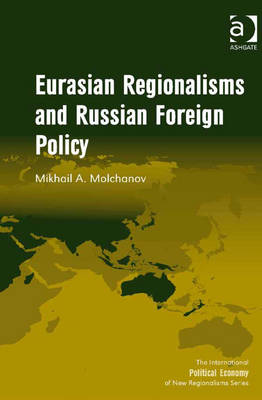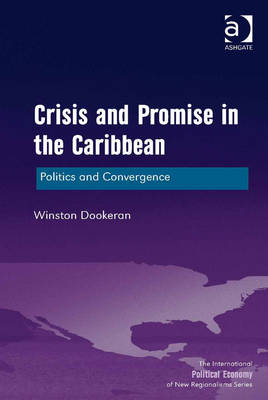The International Political Economy of New Regionalisms
2 total works
Bridging foreign policy analysis and international political economy, this volume offers a new look at the problem of agency in comparative regional integration studies. It examines evolving regional integration projects in the Eurasian space, defined as the former Soviet Union countries and China, and the impact that Russian foreign policy has had on integration in the region. Mikhail Molchanov argues that new regionalism in Eurasia should be seen as a reactive response to contemporary challenges that these developing states face in the era of globalization. Regional integration in this part of the world treads the unknown waters and may not simply repeat the early steps in the evolution of the European Union. The question of a hegemonic leadership in particular, as exercised by a country that spearheads regional integration efforts, animates much of the discussion offered in the book. Moreover, Eurasian regionalisms are plural phenomena because of complementary and competing projects that engage the same, or partially overlapping, groups of countries. By combining foreign policy studies with an examination of the international political economy of regionalism in Eurasia the author furthers our understanding of new regionalism, both theoretically and empirically.
Crisis and Promise in the Caribbean
The Caribbean is made up of a complex, enigmatic region, characterised by great disparities in size, population, geography, history, language, religion, race and politics. This is a region in which harmony and discord work in tandem, trying to link economic logic with political logic. This book is a useful tool not only for those specialists and students of regionalism but for all those putting their hands to the task of nation-building and those interested in the development processes of small states and economies. At the same time, this book is a comprehensive historical record especially highlighting hindrances to development in this region. This study raises two important issues: the `political imperative of convergence' and the need for `appropriate correcting mechanisms' that align the needs of the local with the regional. It is a volume that underlines the need for a change in strategy and makes proposals as to how to go about making those changes.

